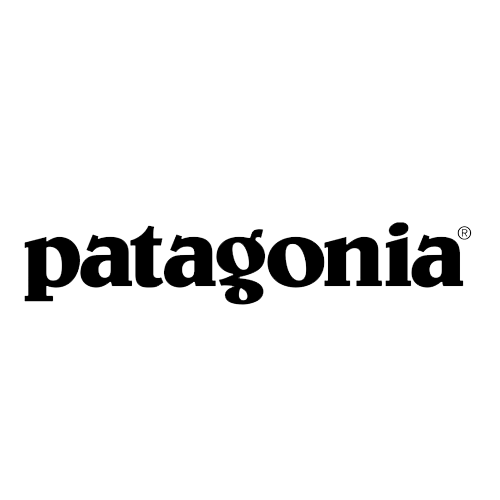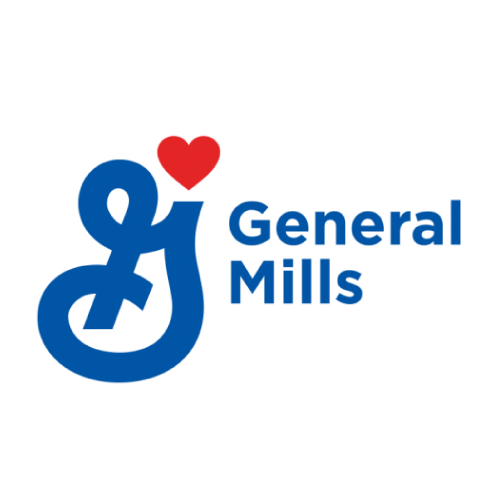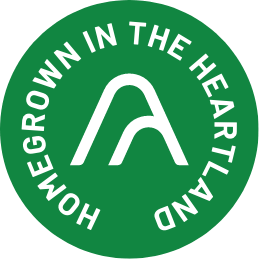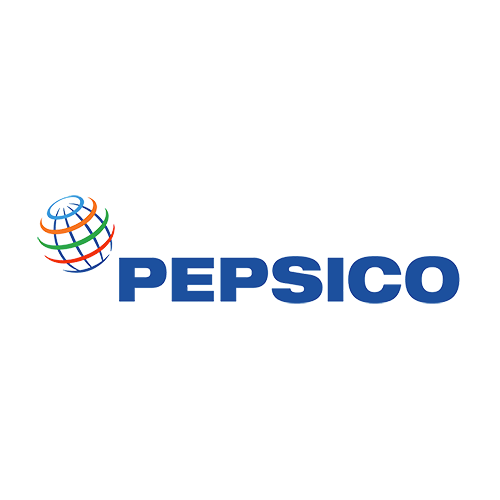Many business leaders have yet to realize and harness the potential of regenerative business, but a number of pioneers and early adopters are beginning to stand out.
Regeneration takes a step beyond sustainability by (1) restoring, renewing and/or healing systems we depend on, while also (2) improving the inherent ability of said systems to restore, renew and/or heal themselves more effectively.
Any system that people and businesses depend on can be regenerated, across all six of the vital capitals – natural capital, social capital, human capital, intellectual capital, financial capital and manufactured capital. And while regeneration is often associated with the field of regenerative agriculture, the list of things that can be regenerated is long; it includes companies’ relationship with employees, suppliers, customers, local communities and other key stakeholders, material and non-material pursuits and values, and approaches to governance and leadership.
Big brands are leaning into regeneration as a means to embed purpose into their company in an enduring way. Regenerative models are also able to build resilience on the scale that is needed to future-proof a business. With that in mind, let’s take a look at some of the most exciting examples of brands applying regenerative models. Hear directly from these brands at SB’21 San Diego as they break down their process, models, and plans for the future.

Patagonia is a co-founding member of the Regenerative Organic Certified™ Program, a holistic agriculture certification encompassing pasture-based animal welfare, fairness for farmers and workers, and robust requirements for soil health and land management combining the best of both regenerative and organic agricultural practices.

Timberland, The North Face and other VF Corp brands are partnering with Terra Genesis International to build the world’s first regenerative rubber supply system for footwear. This comes in addition to Timberland’s existing efforts to source leather through a regenerative system in collaboration with the Savory Institute.

General Mills has set an ambitious target to advance regenerative agriculture on 1 million acres of farmland by 2030.

Unilever started a supply chain revolution in early 2021 with the announcement that the company will guarantee a living wage to all tier one suppliers – “rais(ing) living standards by ensuring everyone who directly provides goods and services to Unilever earns a living wage or income”. By making sure that workers earn a living wage, Unilever is supporting economies and improving their ability to grow.

AppHarvest is deliberately based in the heart of Appalachia. The company engages economically-stagnant local communities not only through hundreds of new jobs, but also through a variety of additional programs including partnerships with Eastern Kentucky high schools that give students the opportunity to grow their own food and learn about the importance of nutritious fruits and vegetables.

Greyston Bakery practices regenerative hiring policies by offering employment to people who are often considered ‘unemployable’ within vast swaths of the U.S. economy — including ex-convicts, disabled people, homeless people, illiterate people, and addicts.

PepsiCo announced that it will aim for 7 million acres of regenerative farmland by 2030, with the goal of transforming practices across its entire agricultural footprint.
It’s clear that regenerative business practices are gaining traction and brands big and small have the opportunity to shine by gaining an early mover advantage. Join us at SB’21 San Diego for a comprehensive exploration of these and dozens of other case studies from Fortune 500 brands and disruptive startups alike.

Dimitar Vlahov
Senior Expert, Sustainability, Regeneration & Brand Transformation
Sustainable Brands

